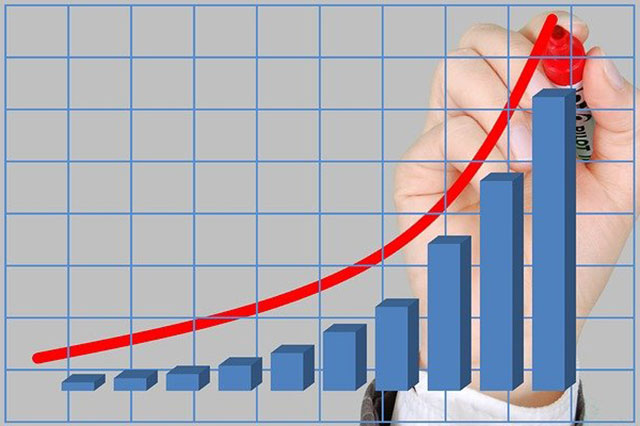Cairo – Inflation in Egypt hit 21.9 percent in December, official figures showed on Tuesday, amid hopes an International Monetary Fund loan will help ease a grinding economic crisis.
“Annual headline inflation registered 21.9 percent for the month of December 2022,” a statement from Egypt’s Central Agency for Public Mobilisation and Statistics (CAPMAS) said.
Since March, the Egyptian pound has lost over 75 percent of its value, while food prices rose 37.9 percent last month compared to December 2021, according to the agency.
Public anger has been growing for months over a severe dollar crunch and soaring food prices, with families struggling to purchase household staples.
“The ongoing (currency) depreciation comes at a time of high global commodity prices,” the International Monetary Fund’s Egypt mission chief Ivanna Vladkova Hollar told a press conference on Tuesday.
“Both of these factors have put pressure on domestic prices leading to higher inflation,” she added.
The IMF’s executive board approved a $3 billion loan to Egypt last month, conditioned on “a permanent shift to a flexible exchange rate regime” as well as the implementation of a “monetary policy aimed at gradually reducing inflation”.
ALSO READ | Egypt hands Ukrainian life sentence for drug smuggling
Egypt also needs to carry out “wide-ranging structural reforms to reduce the state footprint”, the IMF said at the time, with the economy dominated by powerful state and military-led enterprises.
“The proposed structural reforms will take time to implement and deliver the intended results,” Hollar said.
“These reforms will not be easy,” she added, emphasising the importance of government commitment.
She said the IMF projected “a financing gap of about $17 billion for Egypt over the next four years”, only part of which the fund is expected to close.
The IMF loan also aims to unlock billions in financing from Egypt’s international and regional partners, including Gulf allies who are expected to invest in key enterprises Egypt is working to privatise.
Egypt’s foreign currency reserves saw a modest increase in December to $34 billion, the central bank said last week.
Some $28 billion are deposits from its wealthy Gulf allies.
Reserves had depleted by $8 billion since February last year as Russia’s invasion of Ukraine impacted the North African nation, which receives 80 percent of its grain imports from the two countries.
Prime Minister Mostafa Madbouli on Monday told ministers to cut budgets and announced a moratorium “on new projects that have a clear dollar component”.
Egypt has been dependent on bailouts in recent years, both from the IMF and from Gulf allies.
Follow African Insider on Facebook, Twitter and Instagram
Source: AFP
Picture: Pixabay
For more African news, visit Africaninsider.com


